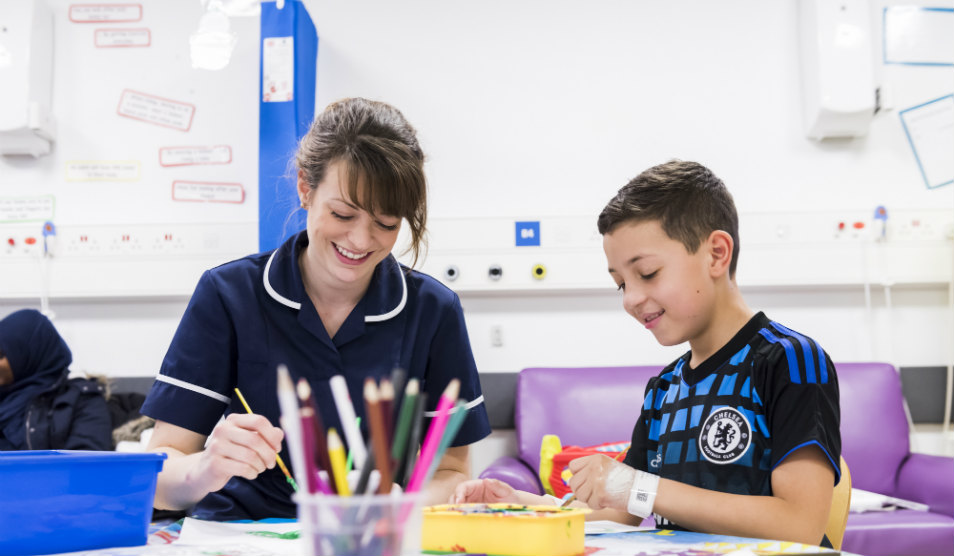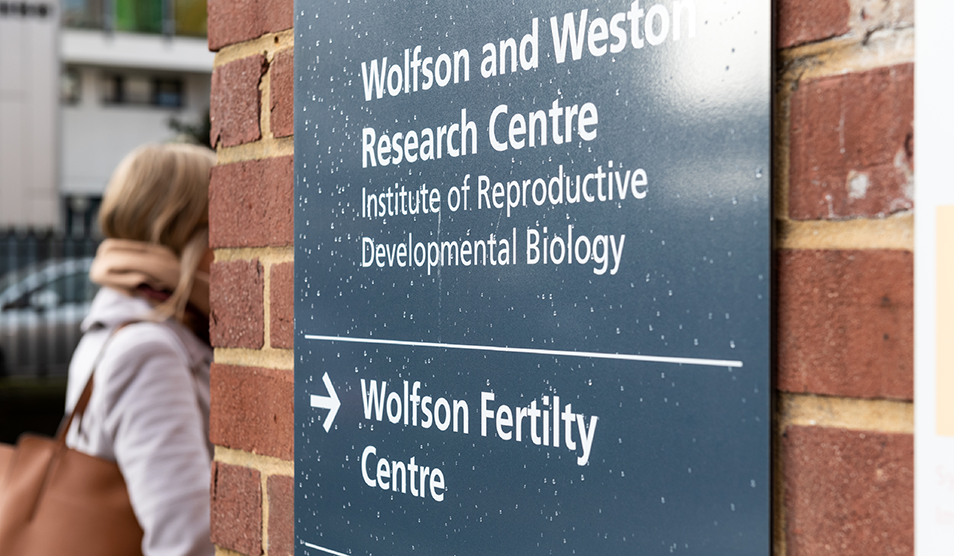Clinician discusses how leadership programme has prepared them for hospital board
Twenty-three NHS clinicians have completed a unique programme to prepare them for hospital board roles.
The Imperial College Academic Health Science Centre (AHSC) Leadership and Development programme, which launched in 2017, is a first-of-its-kind course in the UK. It equips senior clinicians and NHS managers with the leadership skills they need to operate effectively at board level, and to address key management challenges facing the healthcare system over the next five to ten years.
Professor Jonathan Weber, Director of Imperial College Academic Health Science Centre, said:
“I would like to congratulate this year’s cohort for graduating from our leadership programme. We have developed this programme in collaboration with Imperial College Business School to address the need for more clinicians on hospital boards so they can share their insights and influence how our hospitals operate. This year’s cohort has shown great promise and I look forward to seeing how they develop following the programme.”
Professor Francisco Veloso, Dean of Imperial College Business School, added:
“The Business School’s executive education programme provides an environment to foster innovative thinking, leading to ground-breaking ideas that change the ways businesses operate. The AHSC Leadership and Development programme is an excellent example of how we put this in practice.
The programme has gone from strength to strength and we look forward to developing it and expanding this unique opportunity to other NHS trusts.”
Karen Powell, Divisional Director of Nursing and Midwifery for Women’s, Children’s and Clinical Support at Imperial College Healthcare NHS Trust, said:
“The main reasons for participating in the AHSC Leadership and Development programme were to further develop in my career and use additional skills to improve my leadership in my current role and for the future.
I was also keen to utilise the networking opportunities with other Trusts and gain any shared learning that could benefit my current role and organisation as part of the programme.
“I thoroughly enjoyed the coaching element of the programme and found this very beneficial and pertinent to my every day work. The simulation exercise was also another highlight for me, having to collaborate and communicate within a team that I didn’t know to achieve an end goal in a safe environment was also a lot of fun.
“Now that I have completed the programme, it is time to practice and embed the skills learned to improve patient care. I hope to be able to utilise these skills both personally within my own career progression and also to develop my teams to enhance the leaders of the future.”



